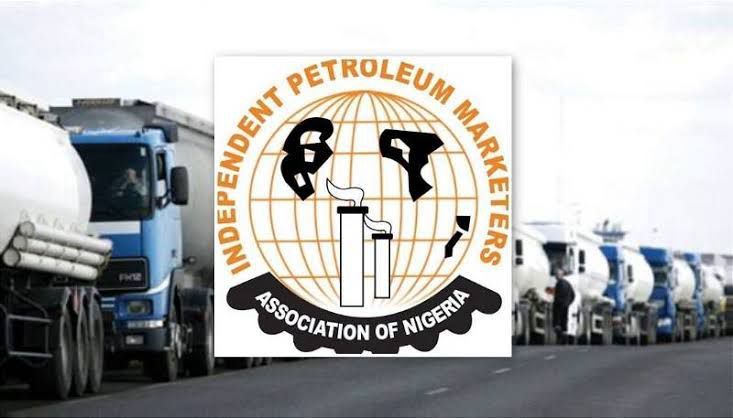
The Independent Petroleum Marketers Association of Nigeria (IPMAN) has urged the Dangote Petroleum Refinery to review its pricing of Premium Motor Spirit (PMS), arguing that the product should retail at a lower rate than the current N825 per litre.
Speaking to journalists, IPMAN’s Publicity Secretary, Chinedu Ukadike, said that given the unique advantages the Lekki-based refinery enjoys particularly access to domestic crude oil supplied in naira the refinery has no reason to peg prices near import-parity levels. He insisted that petrol from Dangote’s facility should be priced closer to N750 per litre.
This call follows a recent comment by the President of Dangote Group, Aliko Dangote, who asserted that Nigerians currently pay around 55 per cent of what citizens in neighbouring West African countries pay for petrol, crediting his refinery with bringing down prices and eliminating persistent fuel scarcity.
Dangote had told visiting ECOWAS officials and President Bola Tinubu that the Federal Government’s naira-for-crude exchange policy had helped to reduce the cost of refined petroleum products locally. According to him, PMS is being sold between N815 and N820 per litre, while similar products go for as much as N1,600 per litre in other West African countries.
Ukadike, however, contends that such comparisons are misleading.
“I agree that petrol is cheaper here than in neighbouring countries. But most of those countries don’t produce crude oil and don’t refine in local currency. Nigeria does both. That should reflect in the price,” he said.
He noted that one of the biggest achievements of the Dangote Refinery so far is the resolution of nationwide fuel scarcity. Still, he emphasized that price reduction should be the next major milestone.
“What Dangote has clearly achieved is the availability of PMS. Queues are gone. But in terms of pricing, there’s still work to be done. Once the government strengthens the naira and stabilizes the exchange rate, the pump price will definitely drop further,” he explained.
Ukadike estimated that with the refinery’s domestic supply advantages and the easing of forex pressures due to the naira-for-crude arrangement, petrol should retail around N750 to N780 per litre.
“I’m not an oil refining expert,” he said, “but based on industry insights including production costs and depot landing expenses petrol shouldn’t exceed N780, ideally even closer to N750.”
He added that if the naira appreciates further, pump prices could fall below N750.
“At the current exchange rate of about N1,600 to the dollar, PMS is understandably high. But if the naira gains to around N1,200 or N1,100, it will have a significant impact. You’ll see petrol selling well under N750,” he said.
While the Dangote Group maintains that the refinery’s pricing structure has already brought major economic benefits particularly in cutting down diesel and aviation fuel costs the company is yet to respond to IPMAN’s fresh position.
During a tour of the 650,000-barrel-per-day facility last week, Dangote told ECOWAS officials that his refinery had not only reduced fuel prices but had also driven down production costs across sectors such as agriculture, mining, and manufacturing.
He highlighted the success of diesel pricing as an example, saying, “We brought the diesel price down from N1,700 to N1,100, and it has even gone lower since then. That’s had a massive ripple effect across industries.”
Despite these gains, a recent report by S&P Global noted that the Dangote refinery’s fuel prices remain relatively high compared to recent declines in global crude oil prices.
As of press time, the refinery’s spokesperson, Tony Chiejina, had not issued a response to IPMAN’s pricing demands.





